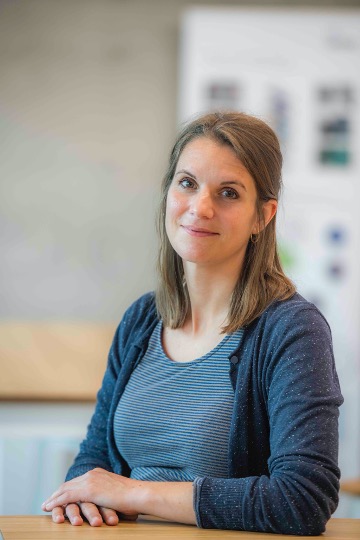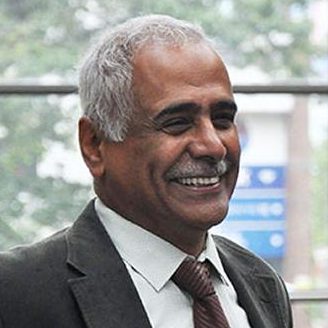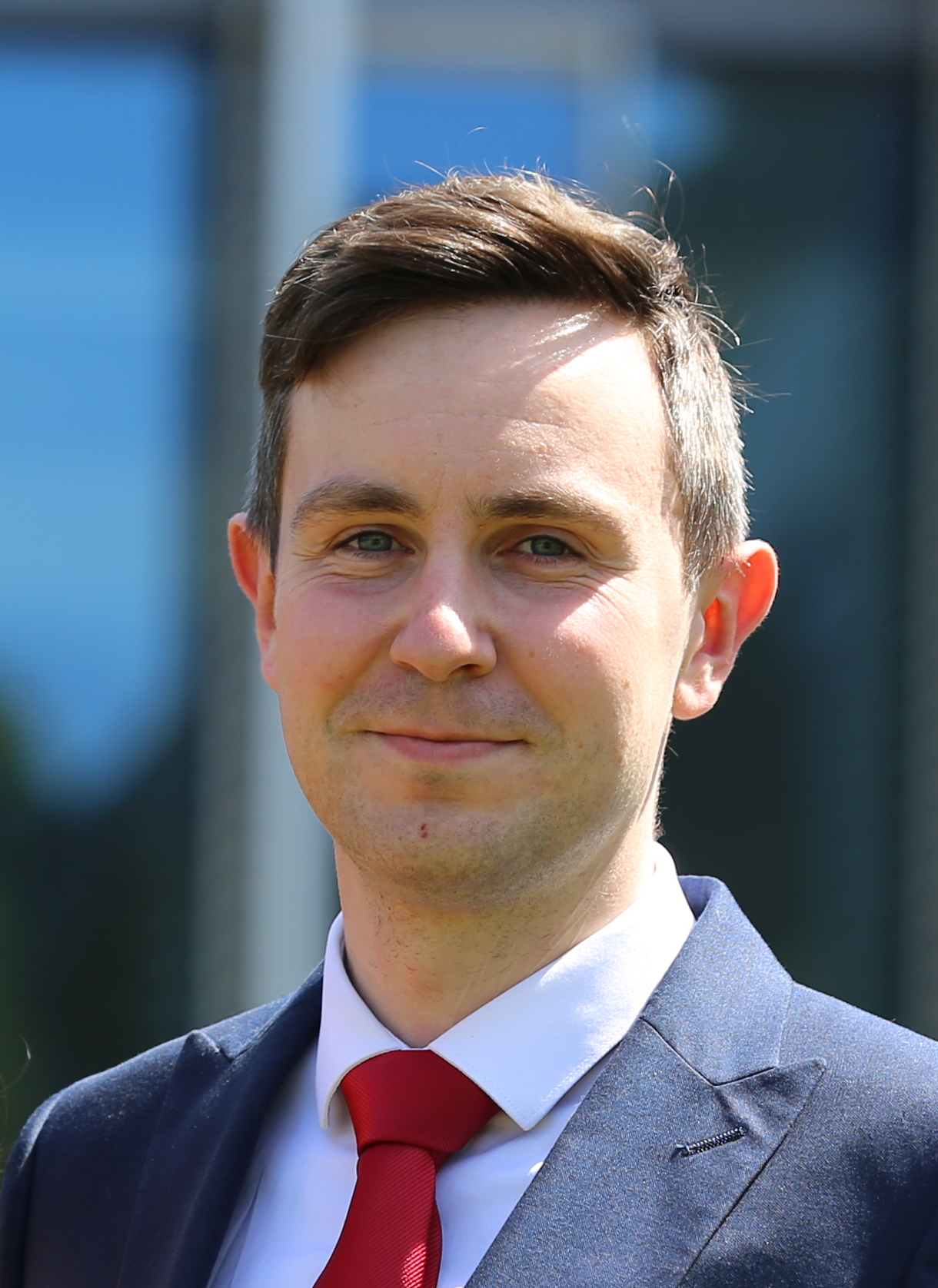

LATENT Residential Heat As An Energy System Service
field trial
The LATENT project is an EPSRC funded research project, bringing together academic (University of Southampton) and industrial partners (Good Energy, Nquiringminds).
The project aims to understand issues surrounding third-party control of electric heating systems (including heat pumps). A number of aspects will be investigated, including: user behaviour and attitudes, the thermal response of dwellings, and business environment challenges.
The field trial will test a number of approaches to using third-party control of domestic heat pumps to reduce peak demand on the electricity system. For a short explanation of the Heat Flex concept please click to play the video, or read the text below.
What is the LATENT project and why is it important?
Over the coming decades much of the UK’s home heating provision will shift to electric heat-pumps. This move from gas fuelled central heating boilers to electrically powered heat pumps will lead to a significant rise in both overall and peak electricity demand. This will be exacerbated by an increase in electric vehicles. At the same time, renewable generation is replacing fossil fuel electricty generation. In combination, this creates two significant issues for the electricity system:

1. An increase in peak electricity demand may exceed the capacity of the electricity distribution network in some areas, particularly during cold winter evenings. This increased demand will lead to expensive network upgrades that will be passed on to consumers. Alternatively, by actively managing the peak demand on the distribution network these costs can be reduced.
2. The National Grid make sure that there is enough electricity generation to meet demand at any point in time. In the past this meant switching large, coal, oil or gas power stations on and off as the demand for electricity changed during the day. As the electricity system moves to greater use of renewable generation, the ability to shift the timing of demand is becoming more valuable. This allows the electricity system to better match periods of high demand with the available renewable generation (for example when it is windy).
To address both issues, during periods of high demand, the electrical power used by your heat pump could be reduced through remote-control by your energy provider. This control would reduce the heating in your home for brief periods while remaining within acceptable set limits, we call this Heat Flex. If enough homes participate, then the aggregate peak demand reduction could support the electricity network, helping to keep demand within network limits and avoiding more costly, and polluting, generation from fossil-fuels.
How will the field trial work?
The Heat Flex events will run between January 2023 and April 2023, and between October 2023 and April 2024. Note that we will NOT be running any Heat Flex events during the December holiday period (15th December 2023 to 7th January 2024). During Heat Flex events (simulating “high network demand” conditions), Good Energy will remotely reduce power to participating heat pumps using the Midea controls. During this time, if participants feel cold, they will have the ability to override the control, returning their heat pump to normal operation.

Participants will be asked to complete a short, 3-question online questionnaire every 2 weeks during the trial to see if their household were aware of the Heat Flex events and how they experience them.
It is important that participants run their heating schedules and go about their activities as normal. During a Heat Flex event, we aim to ensure the indoor temperature does not drop below 18°C during peak energy times (16:00 to 20:00). For further information on the field trial please review the Participant Information Sheet or email latent@soton.ac.uk.

Who will manage the Heat Flex events?
The Heat Flex events will be managed by the Good Energy Works Support Engineering team, who will also ensure that heating is restored to its previous power levels and settings, and that heating systems operate normally afterwards. Good Energy Works will be continuously monitoring the system and in the unlikely event that there is a problem, their Support Engineers will immediately investigate to resolve the issue. If participants think there is a problem with their heating, Good Energy Work’s support team will be available via phone and email.

What if I have a vulnerable family member visit?
If any member of a household has a medical condition which requires a stable level of heat comfort, we would recommend that they do not participate in the project. If however a household has an occasional visitor who requires a stable level of heat, they can still participate and email the project team so they can opt the household out of the trial whenever required.
What are the benefits to participating?
If invitees decide to participate in the LATENT project, they will benefit from:
- Free heat pump servicing for the duration of the project (2 years) plus 1 bonus year if they complete the trial.
- Entry into a £100 prize draw for every 50 people who sign up and complete the initial background survey.
- Invitations to participate in online focus groups lasting approximately 30 minutes. Note that these are optional, however, participants will be given a £25 voucher for each session.
- Invitation to take part in a paid online interview (20-30 mins). Again, this is optional but everyone that participates will be rewarded with a £25 voucher.
- Additional vouchers to simulate a ‘Heat Flex tariff’ during the trial period (Oct. 2023 to Apr. 2024)
Please note that all vouchers will be digital vouchers for either Amazon, John Lewis or Marks and Spencer.


What happens to those that join the trial
Please note that the field trial is only available to household who have been invited by Good Energy Works. After completing the inital consent form and survey they will be invited to participate in an optional online focus group / interview in advance of the first heating season. Attendance to focus groups / interviews is not mandatory but to fully particiapte and recieve free servicing, they will need to help us gather the required data. This however will not be overly onerous and should only take up a few minutes per month. We will require participants do the following:

Participate in occasional 3-4 question surveys that will be sent via email.

Keep thier broadband connection live so that we can continue to monitor the system and apply the Heat Flex events.

Install a small Bluetooth temperature sensor, sent by Good Energy Works, in the living room. (Note if this location is out of range for the sensor, particpants will be asked to move it closer to the heat pump gateway unit)

For certain households we will ask them to place a matchbox-sized temperature logger (that we will send), so that the living room temperature can be captured before, during and after the Heat Flex events. We will provide participants with a pre-paid envelope, so they can return the logger at the end of the field trial.
Project team
While multiple members of the Energy and Climate Change Division team may work on the LATENT project the central research team includes the following
Prof. Patrick James
Professor of Energy & Buildings and LATENT Principal Investigator
Dr Stephanie Gauthier
Lecturer in Energy & Buildings and LATENT Co-Investigator
Prof. AbuBakr Bahaj
Professor of Sustainable and LATENT Co-Investigator
Dr Massimillano Manfren
Lecturer in Energy & Buildings and LATENT Co-Investigator
Dr Thomas Rushby
LATENT Researcher
Dr Philip Turner
LATENT Researcher

00 44 2380 593940

latent@soton.ac.uk
Frequently Asked Questions
How do I override a heat flex event?
Why don't I know when the Heat Flex events are taking place?
The trial has been designed top operate in the backround and so you will not be notified when a Heat Flex event is happening. part of the study is understanding what events are acceptable, go unnoticed, and so it is important that participants do not know the schedule.
If your household needs to ensure stable heat (e.g a visitor with specific heat requirements) then you can either override at the start of the day, ensuring no Heat Flex events that day, or email the research team to opt you out for teh required duration.







